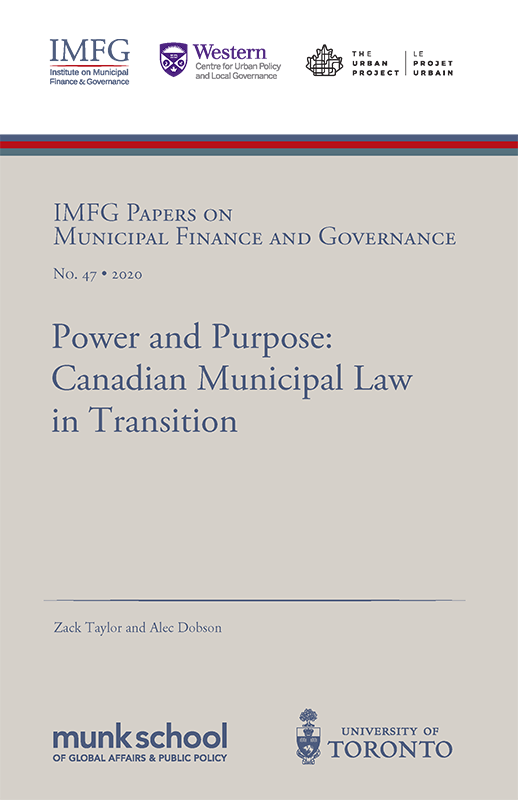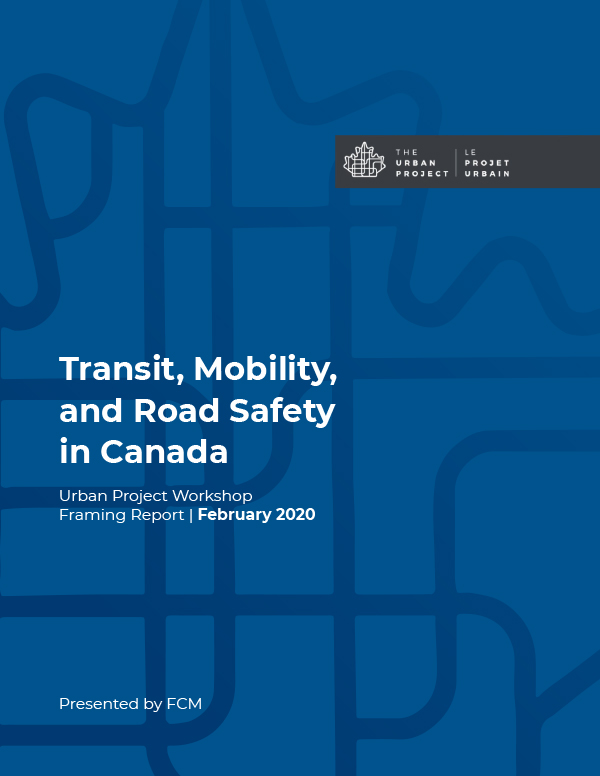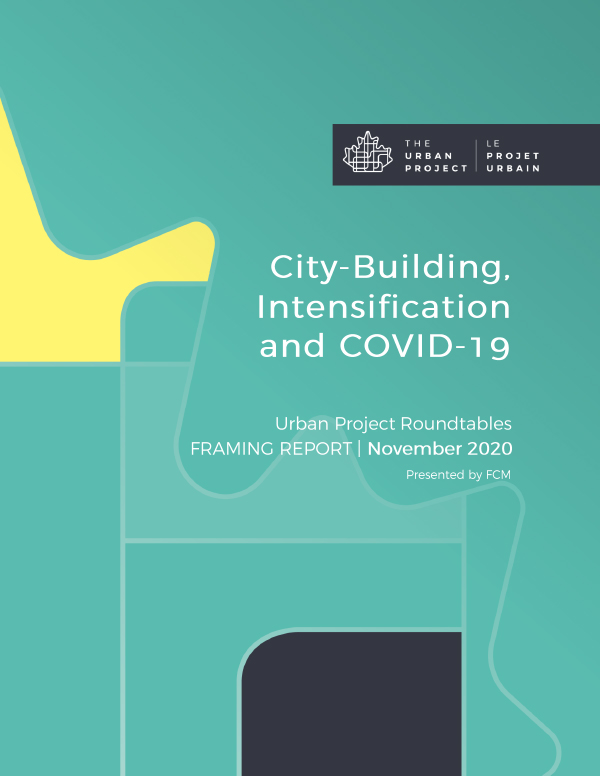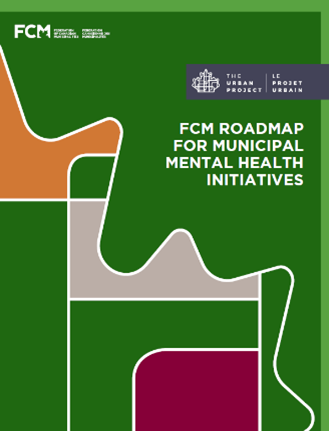Resources > Power and Purpose: Canadian Municipal Law in Transition
IMFG Papers
Power and Purpose: Canadian Municipal Law in Transition
Far from being static, Canadian municipal law is in a period of transition. The legal scope of municipal authority has expanded over the past 25 years as most provinces have revised their general municipal acts and adopted special legal arrangements for major cities. However, while the trend has been toward greater autonomy, there are still significant variations both between and within provinces.
In Power and Purpose: Canadian Municipal Law in Transition, Zack Taylor and Alec Dobson examine the state of municipal empowerment by presenting an overview of municipal law in Canada’s 10 provinces. They identify similarities and variations within and among the provinces in how they articulate the provincial-municipal relationship, municipal powers and jurisdiction, the organization of municipal institutions, and financial powers.
The paper presents five trends from this analysis:
- Provinces increasingly recognize municipalities as accountable, democratic governments.
- Municipal grants of authority are becoming more expansive and permissive.
- The courts have increasingly demonstrated a generous interpretation of municipal authority.
- Big cities operate more and more under bespoke legal arrangements, but their long-term impact remains unclear.
- Fiscal empowerment lags legal empowerment.




